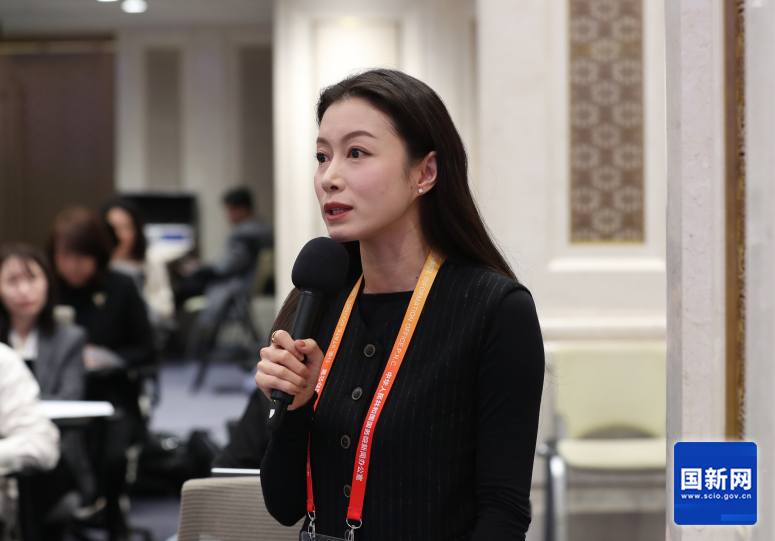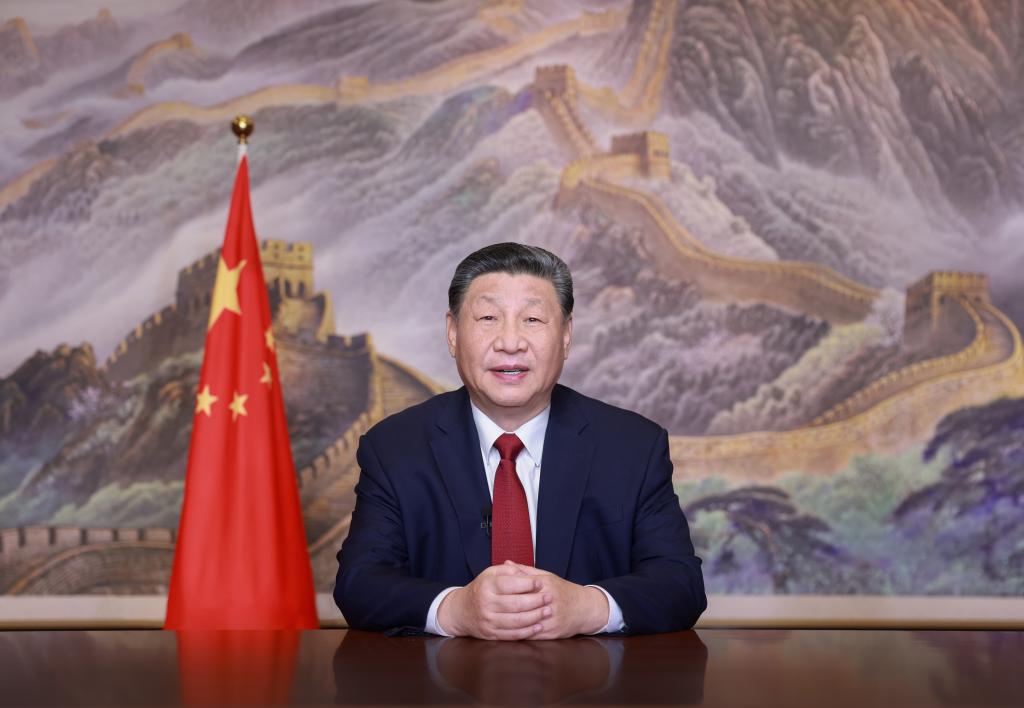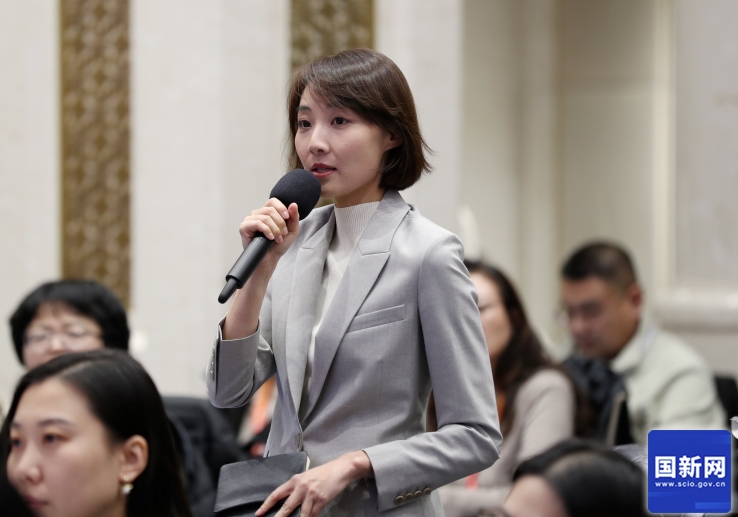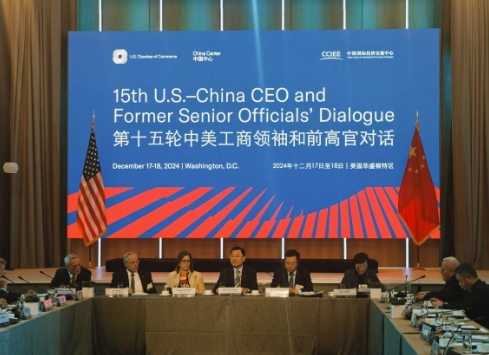CATTI-题库-真题-模拟-课程-直播
 天之聪教育
天之聪教育
 2017-01-10
2017-01-10
 驻英使馆
驻英使馆
 370次
370次

Ambassador Liu Xiaoming Gives His Views on China’s Economy and Globalisation in an Interview with Lord O’Neill on BBC Radio
刘晓明就中国经济和全球化等问题接受英国BBC广播四台采访实况
On 6th January 2017, BBC Radio 4 broadcasted a new episode of The New World programme entitled The New World: Fixing Globalisation, in which Ambassador Liu Xiaoming was interviewed by the renowned economist Lord O’Neill and shared his views on China’s economy and globalisation.
2017年1月6日,英国BBC广播四台播出专题节目《全新世界:改变全球化》。驻英国大使刘晓明在专题节目中接受了英国上院议员、著名经济学家吉姆·奥尼尔采访,就与中国经济和全球化密切相关的议题阐述看法。
The transcript of the interview is as follows:
刘大使接受奥尼尔采访实录如下:
Jim O’Neill: As I said, when talking about globalisation, it’s kind of impossible to ignore China. I’ve become well-known for creating the acronym of BRIC, which refers to Brazil, Russia, India and China. China is bigger than the other 3 put together. And even growing by just 6.5 percent, slower than India’s rate of more than 7 percent, China will add the equivalent to nearly two “brand new” Indias before this decade is over. For further flavor of the staggering impacts China has on the world, I’ve met with Chinese Ambassador to the UK Liu Xiaoming.
奥尼尔:谈论全球化不可能忽略中国。我本人因创造了“金砖四国”概念(BRIC,巴西、俄罗斯、印度和中国)而为世人所知。在金砖四国中,中国经济总量超过其他三国总和。即使中国经济仅以6.5%的速度增长,略低于印度7%以上的增长率,但到2020年中国经济总量仍将等同于数个“新印度”加起来的总和。为更好地理解中国对世界的巨大影响,我采访了中国驻英国大使刘晓明。
Ambassador Liu: The achievement China has achieved is really a miracle that has never been seen in the history of humanity. China has pulled 600 million people out of poverty just within 30 years. China has developed into a country which has more than 100 million middle-class population with the life expectancy tremendously increased to about 76 years. It is much higher than the world average and also much higher than any other developing country.
刘大使:中国取得的发展成就堪称奇迹,在人类历史上没有先例。在30年时间里,中国6亿人口摆脱贫困,超过1亿人进入中产阶级,人均预期寿命大幅提高,达到76岁,远高于世界平均水平,也远高于其他任何一个发展中国家。

Jim O’Neill: Through this remarkable journey, China has become in many ways the most important country in world trade.
奥尼尔:经历了这一非凡旅程,从很多方面来看,中国已成为世界贸易最重要的国家。
Ambassador Liu: As a matter of fact, China is the largest trading partner with over 120 countries and regions.
刘大使:中国已成为世界上120多个国家和地区的第一大贸易伙伴。
Jim O’Neill: 120, so more than half of the world’s population.
奥尼尔:覆盖了全球一半以上人口。
Ambassador Liu: Yes, very much so. China is also the largest export market for more than 70 countries and regions. Every year, China imports about 2 trillion US dollars of goods, so it is a huge market for many countries. And for the next 5 years, China will import more than 8 trillion US dollars of goods from the rest of world. So that shows what kind of contribution China is making and China is going to continue to make.
刘大使:是的。中国也是70多个国家和地区的最大出口市场。每年,中国进口商品总额近2万亿美元,这为许多国家提供了巨大市场。预计未来5年,中国商品进口总额将达到8万亿美元。这些都表明中国对世界经济已经做出并将继续做出重要贡献。
Jim O’Neill: But the challenges brought up by globalisation is not just about making sure people are trained and ready for new industries. What about those whose skills are no longer needed? The Chinese Ambassador explained how the Chinese government approaches this dilemma.
奥尼尔:全球化带来的挑战不光是如何培训新兴产业的工人,更重要的问题是如何帮助那些技能已经被淘汰的产业工人。刘大使对中国政府如何应对这一困境进行了解释。
Ambassador Liu: We also have people in China who felt left behind in this economic, structural transformation, and you have to do away with overcapacities. For instance, there is a lot of talk about the steel industry. In fact, when I read news that 4,000 people have to be laid off in this country, I fully understand their feelings because we also face the same challenge to reallocate about 2 million steel workers.
刘大使:在中国也有同样的问题。由于经济结构调整和转型,一部分人感到被落在了后面。但是我们必须解决产能过剩问题。例如,许多人都关注钢铁产业。事实上,当我看到英国媒体报道一些英国钢铁厂关闭导致4000人失业的消息,我完全理解这些钢铁工人的处境和感受。因为我们也面临同样的挑战,需要重新安置大约200万钢铁工人。
Jim O’Neill: What’s the best way of doing though?
奥尼尔:什么才是最好的解决办法呢?
Ambassador Liu: You have to train these workers, and you have to create new start-up business. So on the one hand, we have redundant steel workers; on the other, there is still big demand for services, domestic care, logistic services, etc. So we can train these steel workers to work in these sectors.
刘大使:我们需要对这些工人进行培训,同时要鼓励他们自主创业。一方面,我们有大量下岗钢铁工人,另一方面,服务业又存在巨大的需求,包括家政、物流等,因此我们可以培训这些钢铁工人从事此类工作。
Jim O’Neill: Maybe western policy makers need to consider doing more to boost the sharing of income for workers. And this of course is something I think China has been deliberately doing in a significant way in the past decade.
奥尼尔:也许西方国家的政策制定者需要考虑在增加工人收入方面做得更多。我认为,过去十年中国在这方面下了很大功夫,并且一直是这么做的。
Ambassador Liu: Very much so. The wages of workers have been increased. And our government has also set the minimum level of basic wages that you have to guarantee. And lots of efforts have been made to improve the livelihood of migrant workers in the city. Every year, around 100 million migrant workers settle in the big cities. So the government made a lot of efforts, such as building affordable houses. The slogan in China is, “do not let a single person be left behind”.
刘大使:确实如此。工人的工资水平增加了,中国政府还设定了最低基本工资标准,以确保工人收入。在改善城市农民工生活方面,政府也付出了巨大努力。每年约有一亿农民工进城务工,所以政府要采取大量措施,包括为农民工建造廉租房等。中国政府的口号是:“不让一个人掉队”。

Jim O’Neill: “Not a single person left behind.” But one can’t just assume that markets will be able to spread the considerable benefits of globalisation on their own. If we could solve this, globalisation has got lots of good to spread it to all, and it’s not stopping anytime soon. In fact, the Chinese are planning a new Silk Road that is gonna take it up to another gear.
奥尼尔:我们不能想当然地认为市场会自动均摊全球化的巨大好处。如果我们能解决这一问题,全球化将继续带来好处,也不会很快止步。实际上,中国计划建设的“一带一路”将进一步提升全球化水平。
Ambassador Liu: I regard this as new globalisation. One of the reasons why there’s resentment towards globalisation is that some people feel left behind and some countries feel left behind. So the purpose of the Belt and Road, or the main theme of it, is ‘inclusiveness’, to include all countries.
刘大使:我把这看作是“新全球化”。有人反对全球化,是因为一部分人、一部分国家感到被甩在了后面。所以中国“一带一路”倡议的主旨是包容性,让尽可能多的国家受益。
Jim O’Neill: So we are talking about countries like Kazakhstan.
奥尼尔:比如像哈萨克斯坦?
Ambassador Liu: Yes. And Russia, Afghanistan, Pakistan and also many European countries along the Silk Road. For instance, in the past three years, the Eurasia Express railway has been very successful. 2000 trains have been in operation, transporting goods from China all the way to European countries.
刘大使:对,还有俄罗斯、阿富汗、巴基斯坦以及丝绸之路经济带沿线的许多欧洲国家。例如,过去三年来,中欧班列取得了很大成功,运行了2000多趟,将中国商品一路输送到欧洲国家。
Jim O’Neill: Going through Vienna, if I am not mistaken.
奥尼尔:途经维也纳,如果我没记错的话。
Ambassador Liu: Yes. The other road we are talking about is the new maritime Silk Road linking China to Southeast Asia, including the Philippines, Indonesia, etc. Though China’s growth slows down a little bit, China is still an engine of the world economy. So China wants other countries to share the benefits of its growth. China believes it can only continue this momentum by linking with other countries.
刘大使:对。新海上丝绸之路则将中国同菲律宾、印度尼西亚及其他东南亚国家连接起来。虽然中国经济增长有所放缓,但仍然是世界经济的引擎。中国希望同其他国家分享中国经济增长的好处。同样,只有同其他国家加强互联互通,中国的发展势头才能得以延续。

 点赞(0)
点赞(0)

 收藏
收藏

2025年第九届亚洲冬季运动会将在黑龙江省哈尔滨市举办。在亚冬会倒计时100天前夕,我们非常高兴邀请到亚冬会组委会副主席、中国奥委会副主席周进强先生,亚冬会组委会副主席、黑龙江省人民政府副省长韩圣健先生,亚冬会组委会副主席兼秘书长、哈尔滨市人民政府市长王合生先生,亚冬会组委会副秘书长、哈尔滨市人民政府副市长张海华女士,请他们为大家介绍哈尔滨亚冬会筹办情况。
国新办&CGTN 2025-01-06 14:49:40
 收藏资讯
收藏资讯

Greetings to everybody! Time flies fast, and the new year will be with us shortly. I extend my best wishes to you all from Beijing.
CGTN 2024-12-31 21:46:41
 收藏资讯
收藏资讯

国务院新闻办公室于2024年12月26日(星期四)下午3时举行新闻发布会,请国务院第五次全国经济普查领导小组副组长、国家统计局局长康义,国务院第五次全国经济普查领导小组办公室主任、国家统计局副局长蔺涛,国家统计局普查中心主任何平,国家统计局国民经济综合统计司负责人王冠华介绍第五次全国经济普查结果有关情况,并答记者问。
国新办 2024-12-31 09:06:35
 收藏资讯
收藏资讯

大家下午好!很高兴参加第十五轮中美工商领袖和前高官对话。在中美建交45周年、美国大选落下帷幕之际,举办此次对话恰逢其时。在座各位朋友都是中美关系的积极参与者、贡献者,也是重要利益攸关方。感谢你们长期以来为中美关系发展所做积极贡献。
驻美使馆 2024-12-30 17:17:47
 收藏资讯
收藏资讯